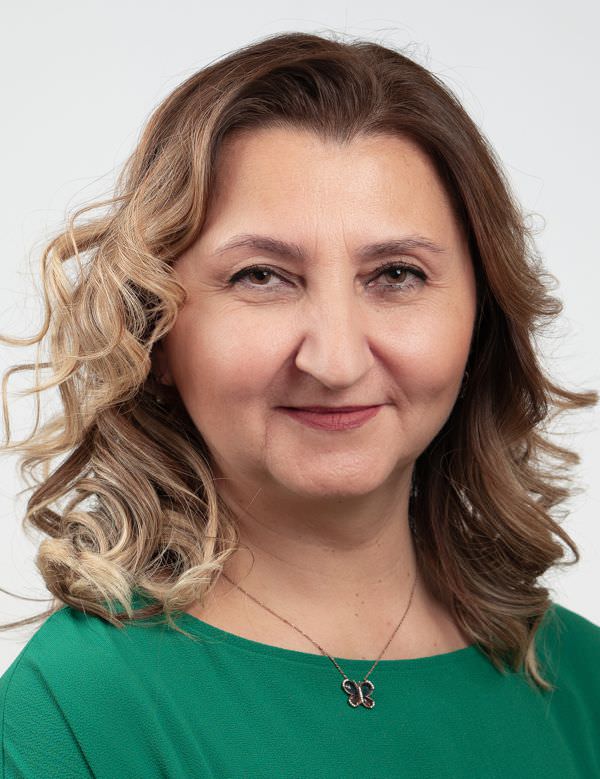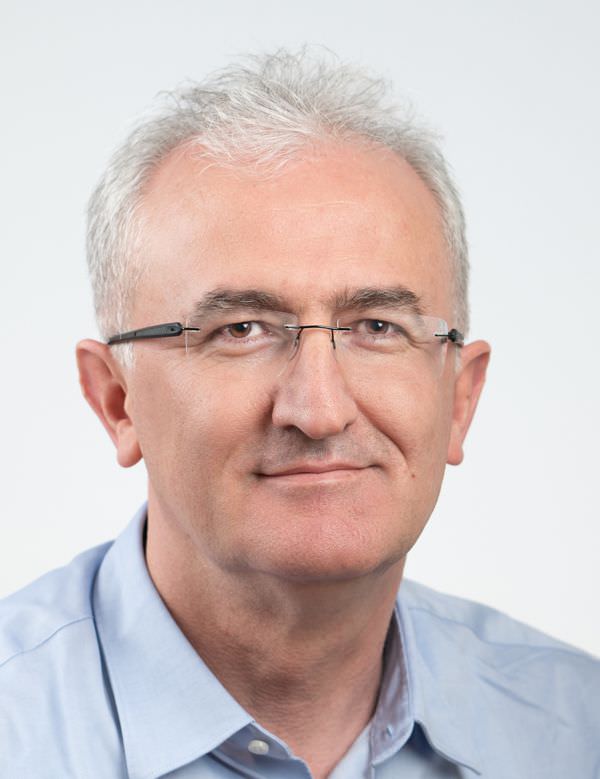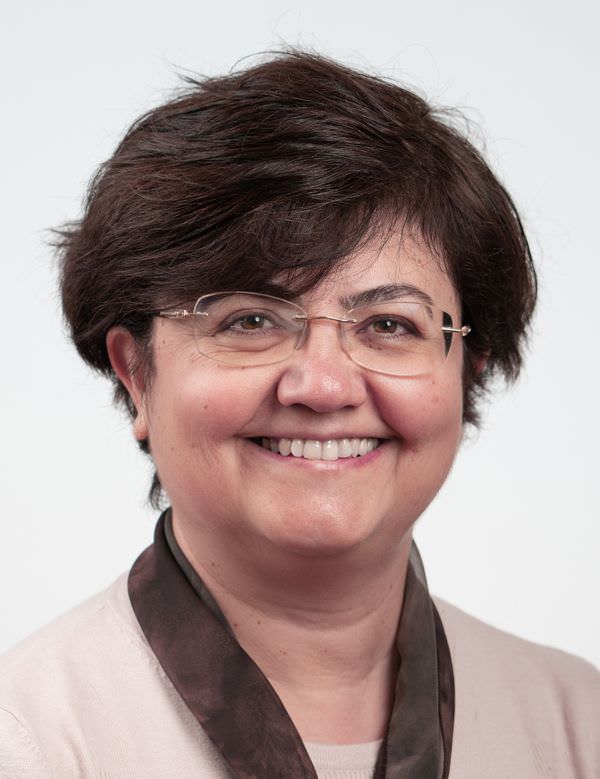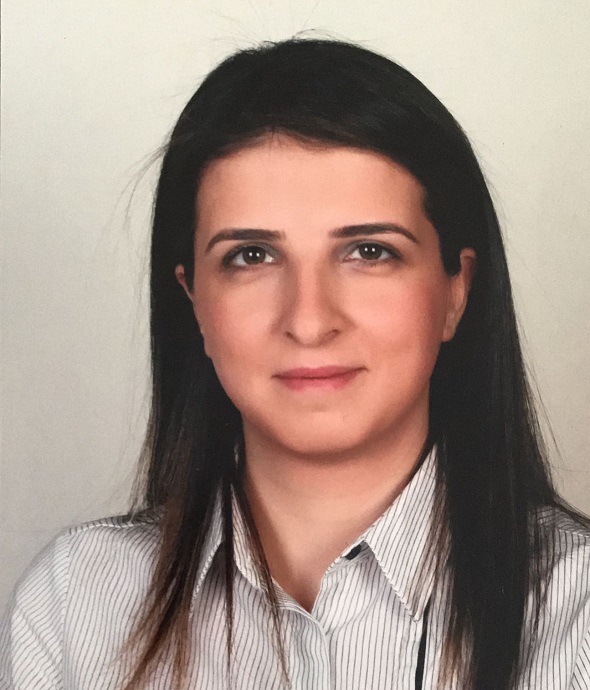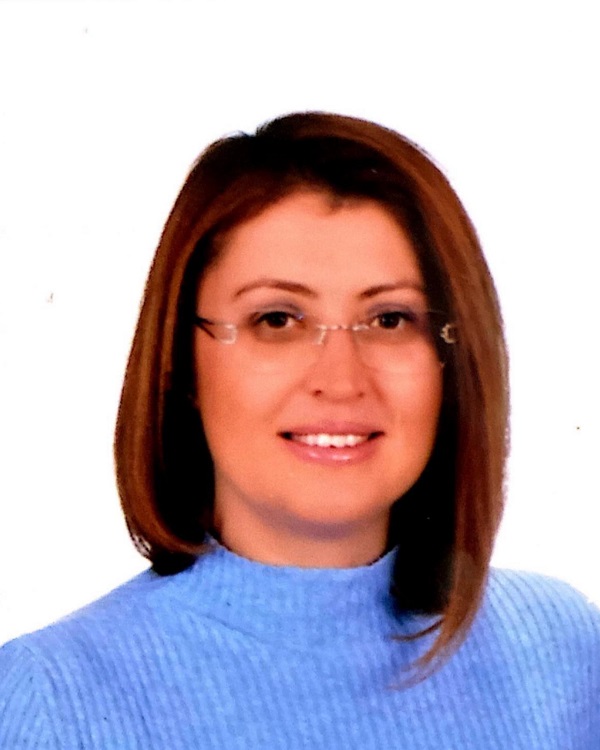The UTILISE Study
'Urinary Tract Infection and Levels of HSP-70 In Children as a Sensitive Marker Excluding Other Infections'
Urinary tract infection (UTI) is the most common bacterial infection in children attending emergency departments due to fever. Since the symptoms are non-specific especially in infants, UTI is often confused with other infections.
In patients suspected of having UTI, definitive diagnosis is made only by urine culture several days after admission. International consensus reports recommend to initiate empiric antibiotic treatment in case of suspected UTI. However, only a minor fraction of the patients eventually shows significant bacterial growth in their urine culture: Saha et al. reported that empiric antibiotic therapy for presumed UTI was ceased in 84% of cases due to negative culture results, a figure supported by our own unpublished results. This important cause of unnecessary antibiotic treatment increases the risk of bacterial resistance both for the individual patient and at the community level.
In daily practice, urinalysis is commonly used to predict UTI and to decide whether to start treatment. Leukocyturia and urine nitrite test have some important limitations in diagnosing UTI. Sterile pyuria may occur in non-infectious conditions such as urolithiasis, and may be absent in infections with certain bacteria such as Proteus species. Similarly, the nitrite test cannot detect the presence of gram-positive pathogens such as enterococci; the sensitivity of the test is also decreased by high specific gravity of the urine. Urine culture, the definitive diagnostic criterion, is also fraught with methodological issues. Urine samples, usually obtained as mid-stream urine in older children and with collecting bag in infants, may become contaminated with microorganisms from the skin or feces. Moreover, bacterial colonization of the bladder may occur in patients who use intermittent catheterization due to bladder dysfunction. Often the same microorganism is observed in urine cultures consistently even in the absence of infection. While such asymptomatic bacteriuria does not require treatment, it frequently leads to unnecessary antibiotic use.
Given all these shortcomings of the usual diagnostic pathway to UTI, it appears imperative to develop technologies that allow a quick and correct diagnosis at the time of first presentation and to start appropriate treatment without wasting time and financial resources.
Once bacteria reach the urinary tract, the inflammatory response is elicited and renal epithelial cells start producing cytokines and chemokines which, together with antimicrobial peptides such as Hepcidin, Cathelicidin, RNase 7, Secretory leukocyte proteinase inhibitor (SLPI), uromodulin and the defensins, play an active role in the elimination of the infection. Heat shock protein 70 (HSP70) is a member of a protein family upregulated in response to hazardous (stress) factors, including infectious agents. HSP70 activates the Toll-like receptors (TLR), which have a major effect on the immune response. HSP70 is released from macrophages upon exposure to bacterial products, especially Gram-negative bacteria such as Escherichia coli.
Hence, we hypnotized that urine levels of HSP70 or one of these molecules mentioned above may predict UTI in children with symptoms of systemic infections.In UTILISE Study, we analyzed urine level of HSP70, Hepcidin, Cathelicidin, RNase 7, Secretory leukocyte proteinase inhibitor (SLPI), defensins, IL-8, TLR4 and TLR5.
Publications: | Urine soluble TLR4 levels may contribute to predict urinary tract infection in children: the UTILISE Study Urinary HSP70 improves diagnostic accuracy for urinary tract infection in children: UTILISE study |
| Design: | Non-interventional, multicenter, multinational, open, nonrandomized prospective study |
| Patients enrolled: | 191 pediatric patients with symptomatic confirmed urinary tract infection (UTI) |
| Coordinating Center: | Istanbul University Istanbul Faculty of Medicine |
| Participating Centers: | Germany: Heidelberg, Center for Pediatrics and Adolescent Medicine |
| Contact Information: | Prof. Dr. Alev YILMAZ |
Active ESCAPE Participants:

